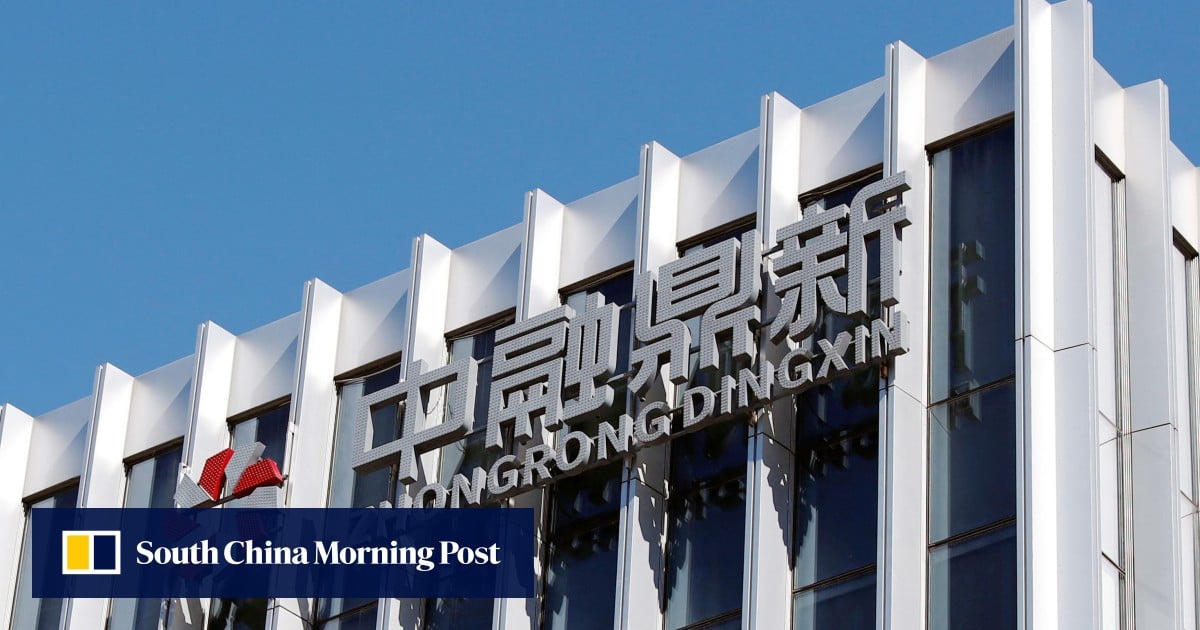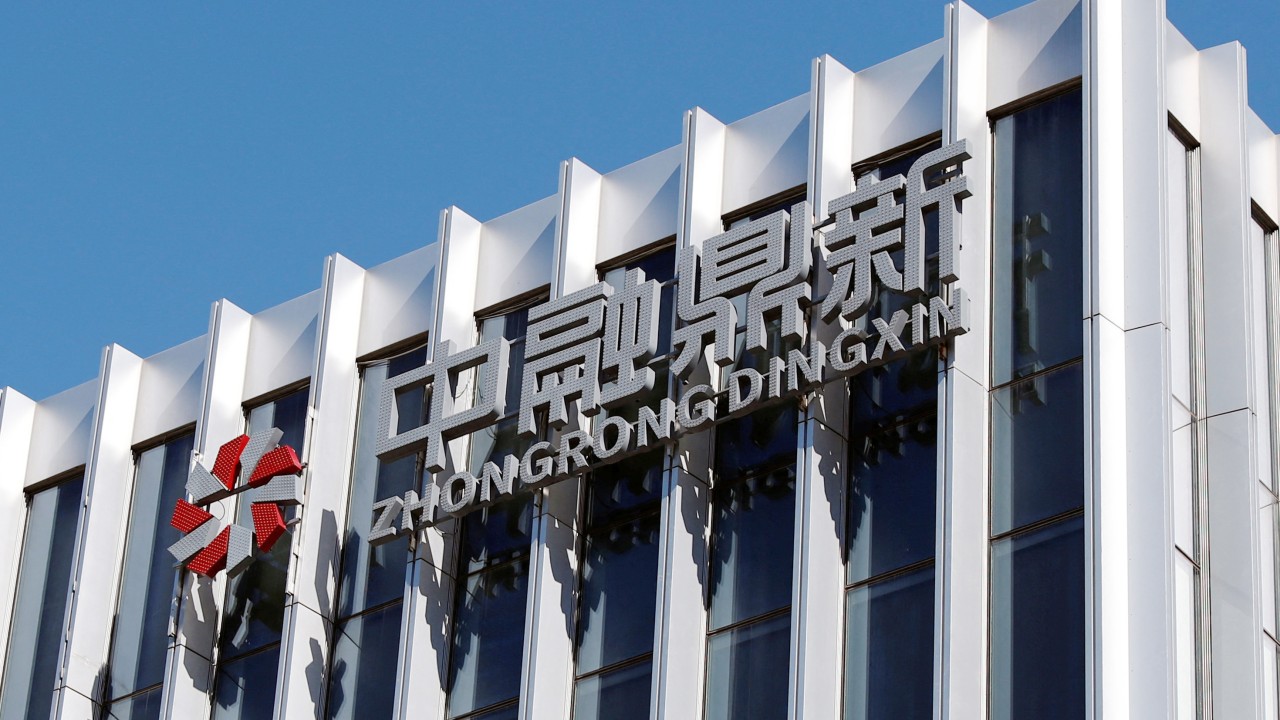
05 Jan Beijing court accepts shadow bank Zhongzhi’s bankruptcy application

Beijing will usually take measures – such as thorough checks of balance sheets – before the official legal process starts, to ensure that the risks of a bankruptcy are under control, Shen said. That would be the case with Zhongzhi, as the firm is linked to various entities and poses high risks to China’s financial system, he added.
“Thus, the situation that it has stepped into a legal process shows the possibility that the government has faith in minimising the negative impact of the case, and protecting the rights and interests of the creditors to some extent,” Shen said.
Zhongzhi’s bankruptcy application comes amid an intensifying property crisis in China, which has seen real estate prices decline and defaults by the biggest developers, such as China Evergrande Group and Country Garden Holdings.
China opens probe into troubled shadow bank Zhongzhi, detains suspects
China opens probe into troubled shadow bank Zhongzhi, detains suspects
“The bankruptcy case is a fresh example of the cracks in China’s financial system,” said Ding Haifeng, a consultant at Shanghai-based financial advisory firm Integrity. “It is expected that more financial institutions will go bankrupt in the coming years, given their heavy investment in the troubled property sector.”
The sector, along with related industries, accounts for about a quarter of the country’s economy.
Last year, China’s top 100 developers in terms of sales reported full-year sales of 5.4 trillion yuan, a 16.5 per cent drop compared with 2022, according to data provided by the China Real Estate Information Corporation. Only 16 developers reported a sales value of above 100 billion yuan in 2023, four fewer than in 2022.
Zhongzhi, which has sizeable exposure to China’s real estate sector, also reported that its total tangible assets stood at 200 billion yuan, implying a balance-sheet shortfall of as much as 260 billion yuan.
The ongoing Chinese property sector woes have claimed another scalp, said Tim Waterer, the Sydney-based chief market analyst at foreign-exchange broker KCM Trade.
“Seeing a company such as Zhongzhi filing for bankruptcy will do little to restore confidence in the minds of foreign investors who remain underweight in terms of Chinese investment.”
